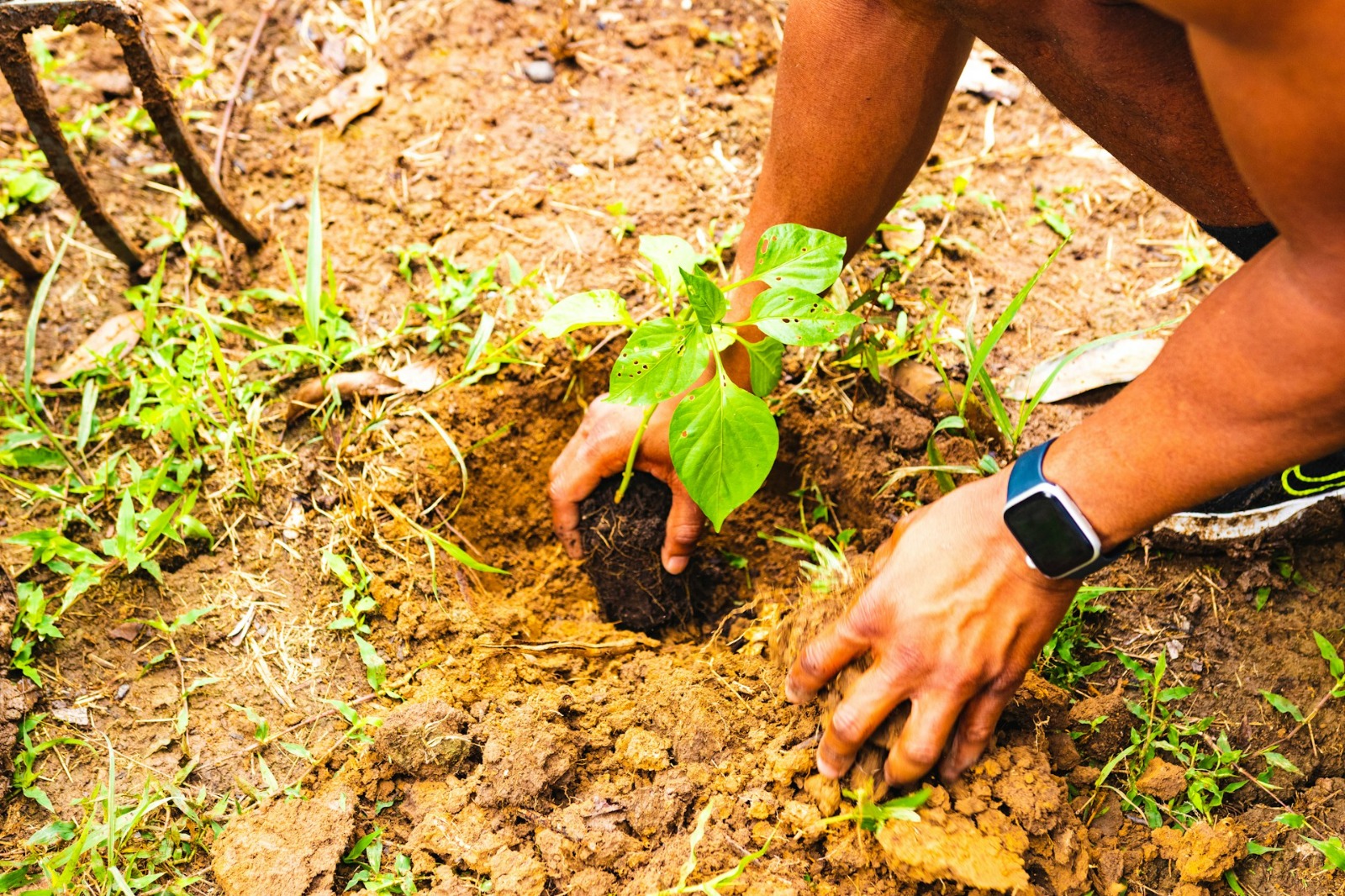
The environment is the natural world around us—our air, water, forests, animals, and ecosystems. It provides everything we need to survive: food, clean air, water, and natural resources. However, over time, human activities such as deforestation, pollution, overconsumption, and the burning of fossil fuels have severely damaged the environment. These actions have led to major problems like climate change, loss of biodiversity, rising sea levels, and extreme weather events. As the health of our planet declines, so does the quality of human life. That’s why protecting the environment is not just an ecological concern—it’s essential for our survival and well-being.
Despite progress in recent years, many people around the world remain excluded from the formal financial system. According to the World Bank, over 1.4 billion adults globally still do not have a bank account. Barriers include lack of nearby banks, high transaction fees, lack of documentation, low levels of financial literacy, and distrust in institutions. Women, in particular, are more likely to be financially excluded due to gender-based inequalities, fewer income opportunities, and limited access to technology. In rural or underserved areas, people often rely on informal financial systems that may be risky, expensive, and unreliable. These gaps in financial access make it harder for families to save, borrow, or invest in their future.
To achieve financial inclusion, coordinated efforts are needed from governments, banks, technology providers, and communities. Innovations like mobile banking, digital wallets, microfinance, and biometric ID systems have already helped millions gain access to basic financial tools. Programs like India’s Jan Dhan Yojana have opened millions of zero-balance bank accounts, especially for women and low-income groups. However, access alone is not enough. People also need financial education to understand how to use these services effectively and safely. Digital literacy, especially in a rapidly changing tech environment, is becoming just as important. When everyone has equal access to financial services and the knowledge to use them, we build stronger, fairer, and more resilient economies for the future.


